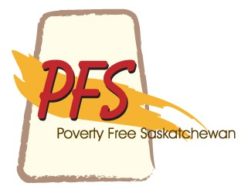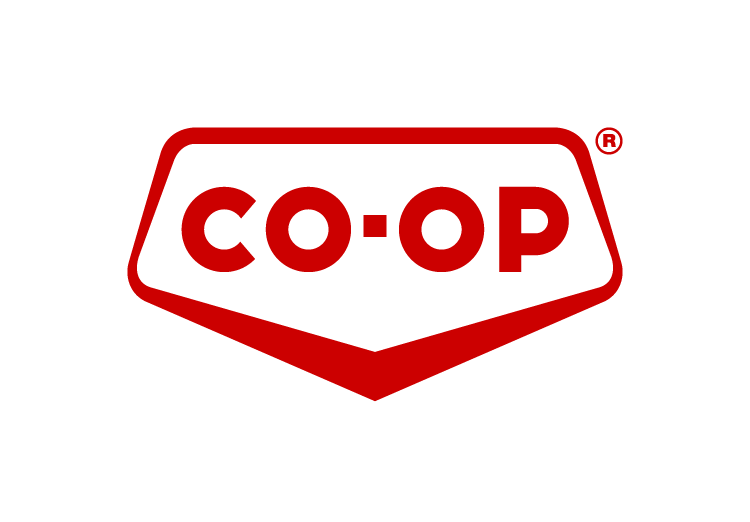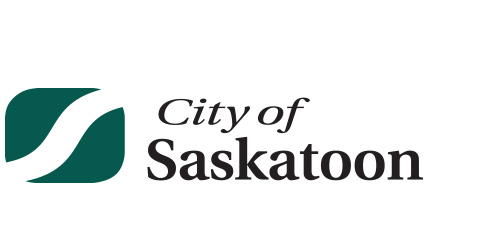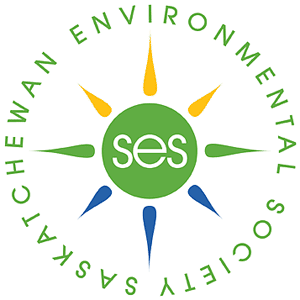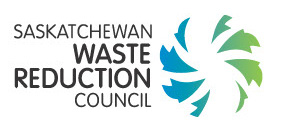What is EcoHack?
Solve Local Environmental & Sustainability Problems
We know that the best solutions to almost any problem come from multidisciplinary and diverse teams...so why not reframe the traditional hackathon model to reflect this?
EcoHack is an immersive multi-day experience where innovators, tinkerers, and makers from various degree programs collaborate using a rapid-iteration design model to generate viable solutions to a problem of their choosing, that fits within the sustainability theme.
These solutions can take many forms: a marketing plan, an innovative business idea, software development, a physical product idea, etc. The varied solutions from multiple industries/disciplines highlight the intersectional nature of environment and sustainability challenges.
By the end of the event, our participants will have collaborated with community partners to solve a tangible real-world problem by leveraging the skills and abilities of their interdisciplinary colleagues. With the opportunity to take part in immersive experiential learning, network with relevant organizations in their community, and gain insight into how their academic disciplines can translate into real-world businesses and solutions, EcoHack is the perfect match for any student looking to make a difference.
EcoHack 2026 will take place Saturday March 7th at Collider Saskatoon from 8:00 AM - 4:30 PM.
Who Can Participate?
Professional Development
EcoHack isn't just a fun design challenge. We offer many opportunities for professional development during the week. We'll be offering the following interactive PD sessions over the course of the week, covering themes such as:
- Design Thinking and Creative Ideation
- Communications and How to Pitch
- Teamwork and Facilitating Constructive Disagreement
- Video Communication and Production
Participating in EcoHack and completing the Learning for Sustainability canvas course makes you eligible for co-curricular record.
Partners
EcoHack is a community initiative. There are many ways to get involved.
Community Partners are recognized on social media and are offered the opportunity to have a problem they face addressed. Download the partnership package for more information.
EcoHack 2026 Schedule
Time |
Saturday March 7th |
| 8:00 AM | Registration & Welcome |
| 8:30 AM | Breakfast & Early Networking |
| 9:00 AM |
Official Welcome
|
| 9:15 AM | Sustainability Challenges Overview |
| 9:45 AM | Final Team Formations and Question Opportunity |
| 10:00 AM | Hackathon Work Time |
| 12:00 PM | Lunch |
| 2:30 PM | Presentation Submission Deadline |
| 3:00 PM | Team Presentations |
| 4:00 PM | Judge Deliberation |
| 4:15 PM | Awards & Closing |
Prizes
Empowered Action - $3,000
One grand prize for the team (to be shared equally amongst members) meeting the highest level of the criteria.
Courageous Curiosity - $2,000
One grand prize for the team (to be shared equally amongst members) for the project teams meeting commendable levels of the criteria.
Suitably Sustainable - $1,000
One grand prize for the team (to be shared equally amongst members) for project teams most aligned with the SDGs and other criteria.
EcoHack 2025 Challenge
EcoHack 2025 took place on March 1, 2025 at Collider Saskatoon.
In just one afternoon, teams tackled real-world problems posed by three partner organizations -- SARCAN, Meewasin, and Saskatchewan Waste Reduction -- and pitched their solutions to a panel of judges.
Final awards included bursaries ranging from $1,000-$3,000 (split between team members).
GOAL 1: No Poverty
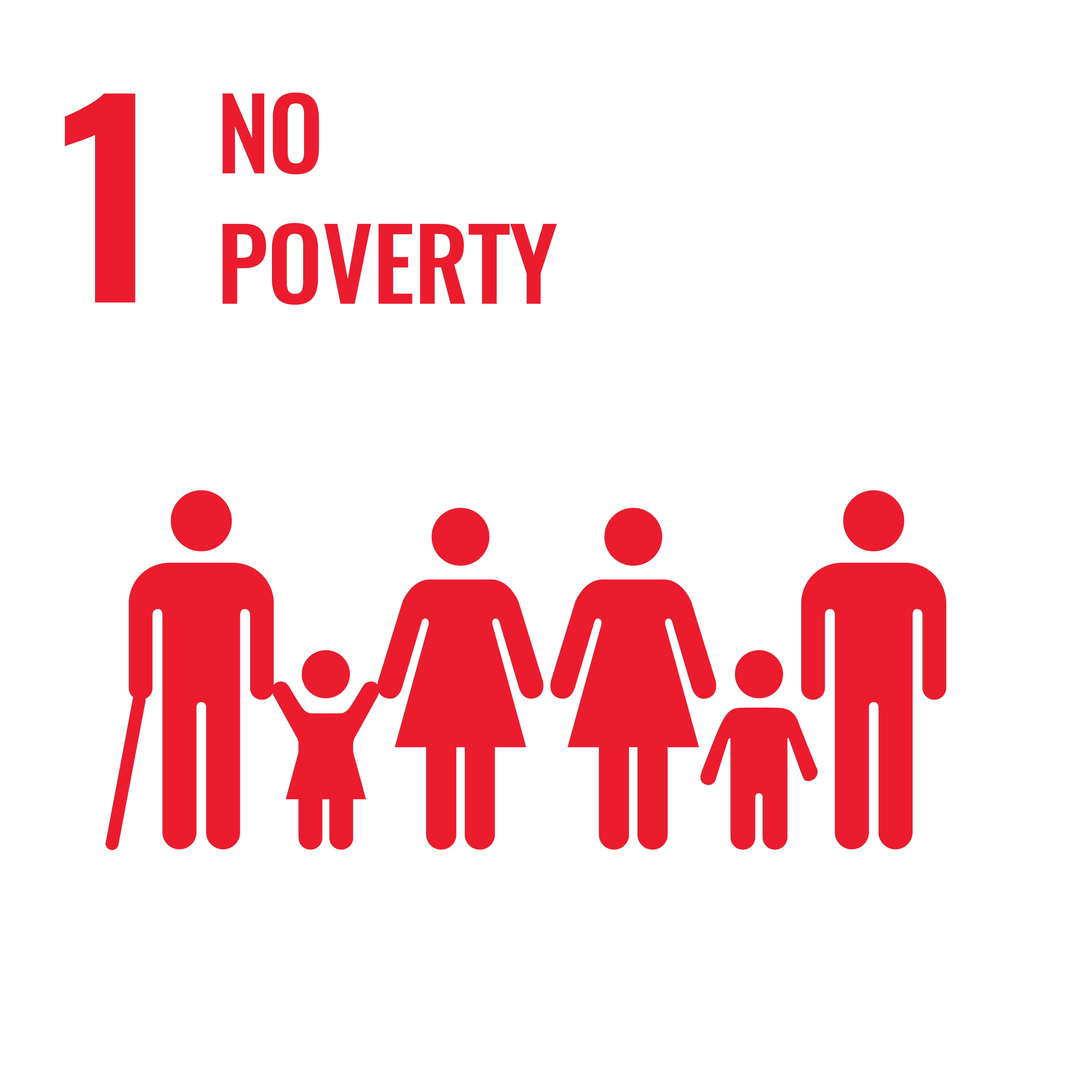
To work towards this SDG, participants may:
- Collaborate with others to empower individuals and communities to affect change in the distribution of power and resources in the community and beyond.
- Raise awareness about extremes of poverty and wealth and encourage dialogue about solutions.
| Community Partner | Example Problem |
|
Saskatoon Poverty Reduction Partnership
|
How might we eliminate working poverty (i.e. poverty despite working full-time hours) in Saskatoon? |
|
Poverty-Free Saskatchewan
|
How might we convince the people of Saskatchewan that Social Assistance benefits are not adequate in addressing issues of poverty? |
| How might we better connect Saskatchewan organizations working to address poverty and its root causes? | |
|
How might we create wider awareness of economic globalization and its impact on food production and poverty? |
GOAL 2: Zero Hunger
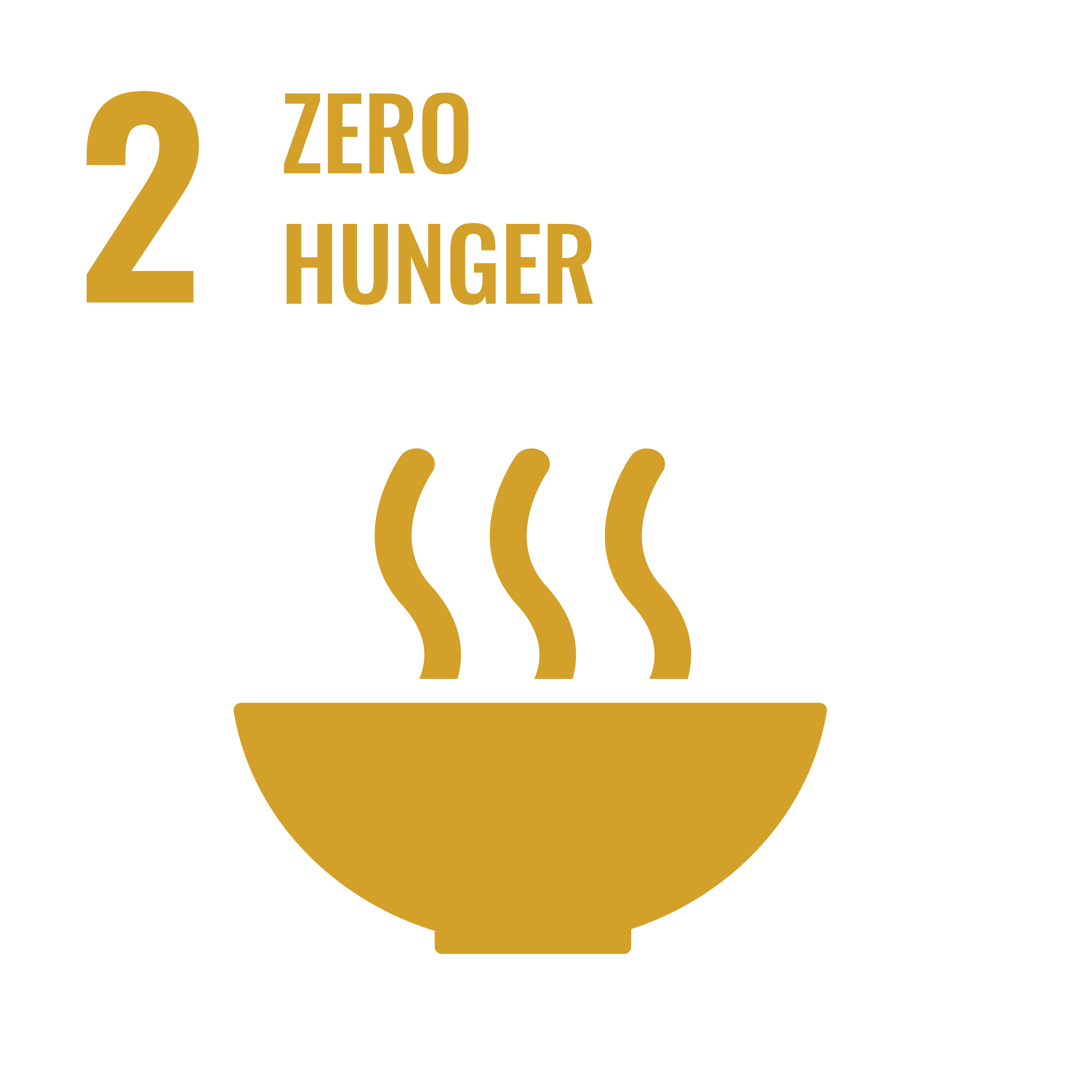
To work towards this SDG, participants may:
- Collaborate with others to encourage and to empower them to combat hunger and to promote sustainable agriculture and improved nutrition.
- Evaluate and implement actions personally and locally to combat hunger and to promote sustainable agriculture.
| Community Partner | Example Problem |
|
Saskatoon Poverty Reduction Partnership
|
How might we improve access to food and decrease food insecurity in Saskatoon? |
GOAL 3: Good Health and Well-Being
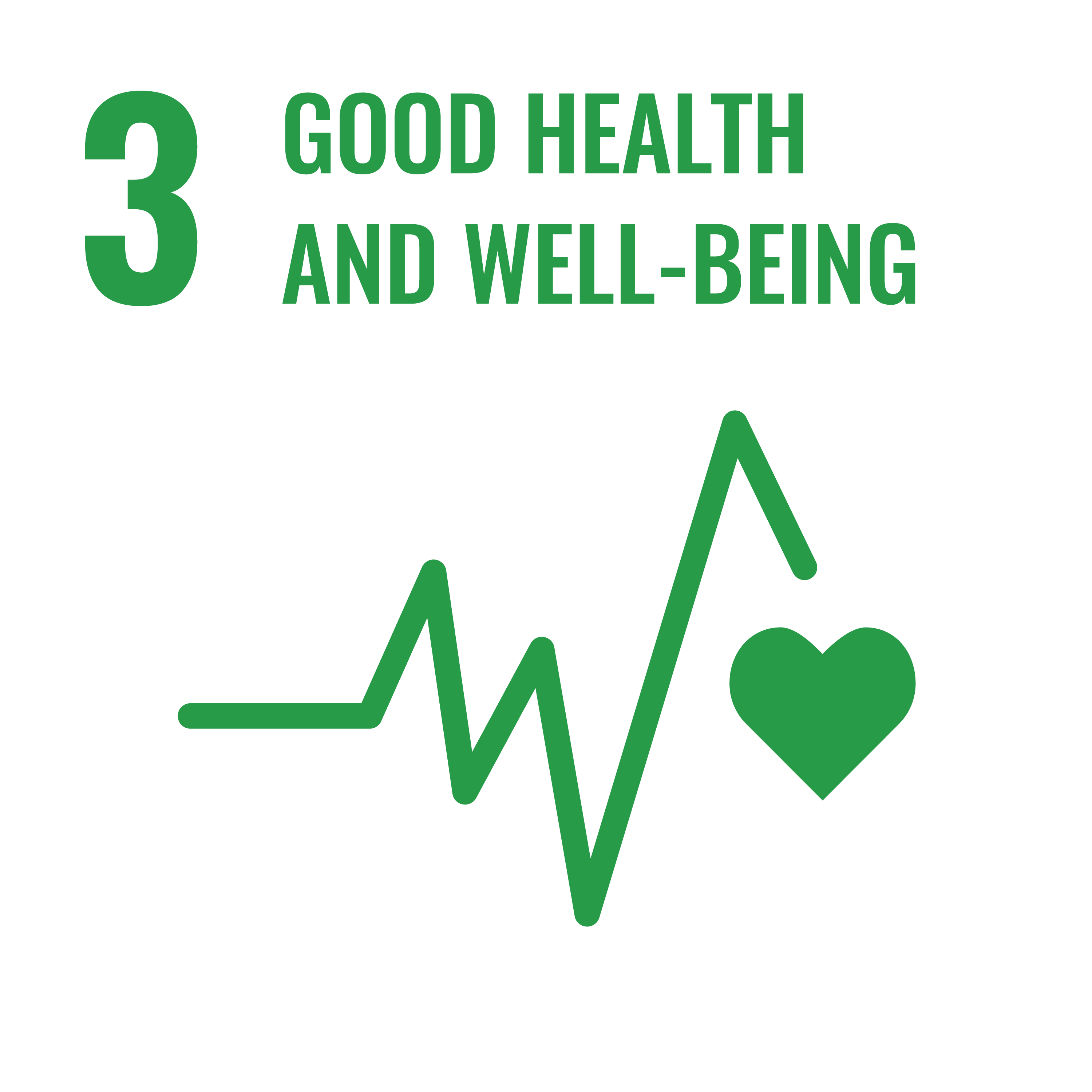
To work towards this SDG, participants may:
- Communicate about issues of health, including sexual and reproductive health, and well-being, especially to argue in favour of prevention strategies to promote health and well-being.
- Plan, implement, evaluate, and replicate strategies that promote health, including sexual and reproductive health, and well-being for themselves, their families and others.
GOAL 4: Quality Education
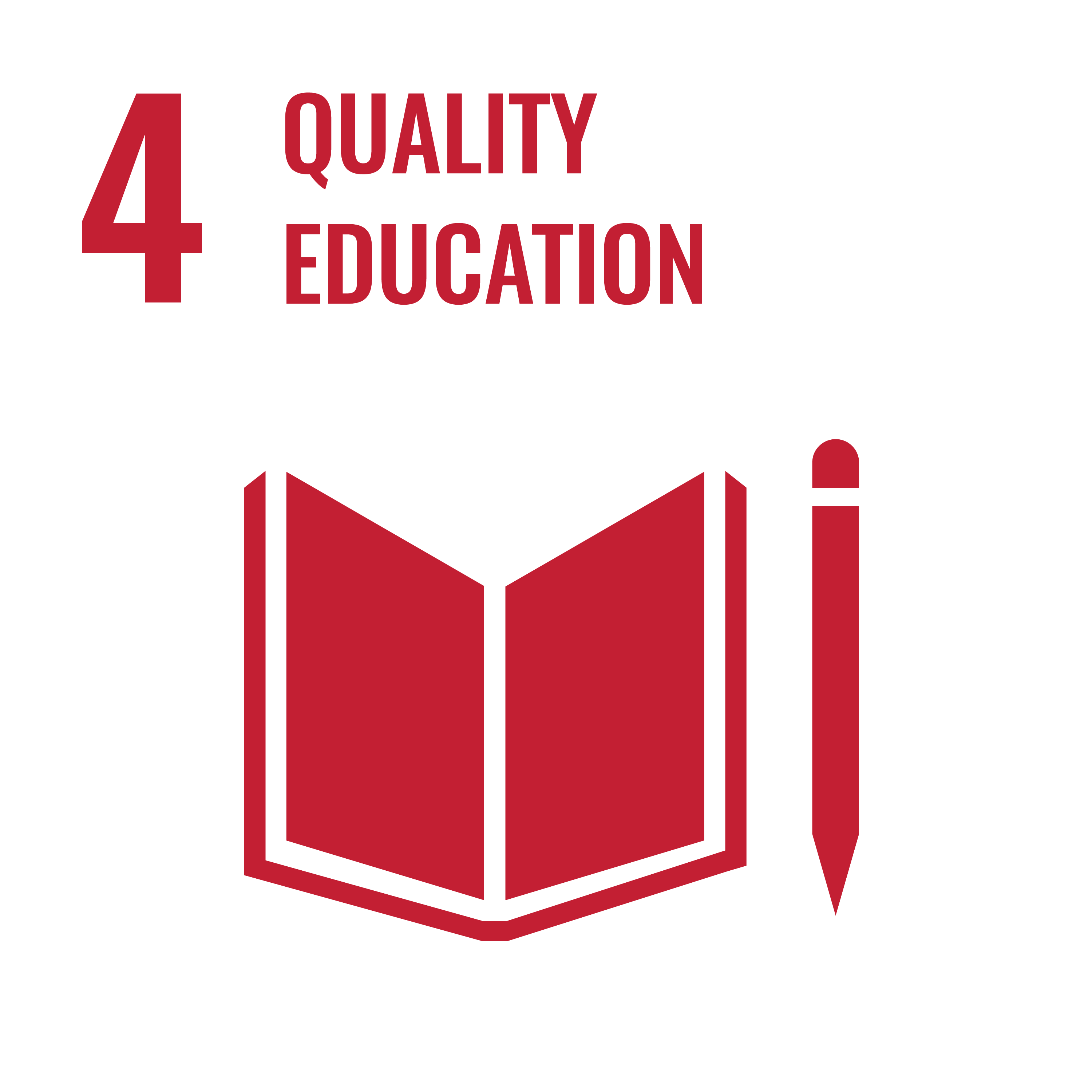
To work towards this SDG, participants may:
- Contribute to facilitating and implementing quality education for all,
- Support the development of policies promoting free, equitable and quality education for all, education for sustainability and related approaches as well as aiming at safe, accessible and inclusive educational facilities.
GOAL 5: Gender Equality
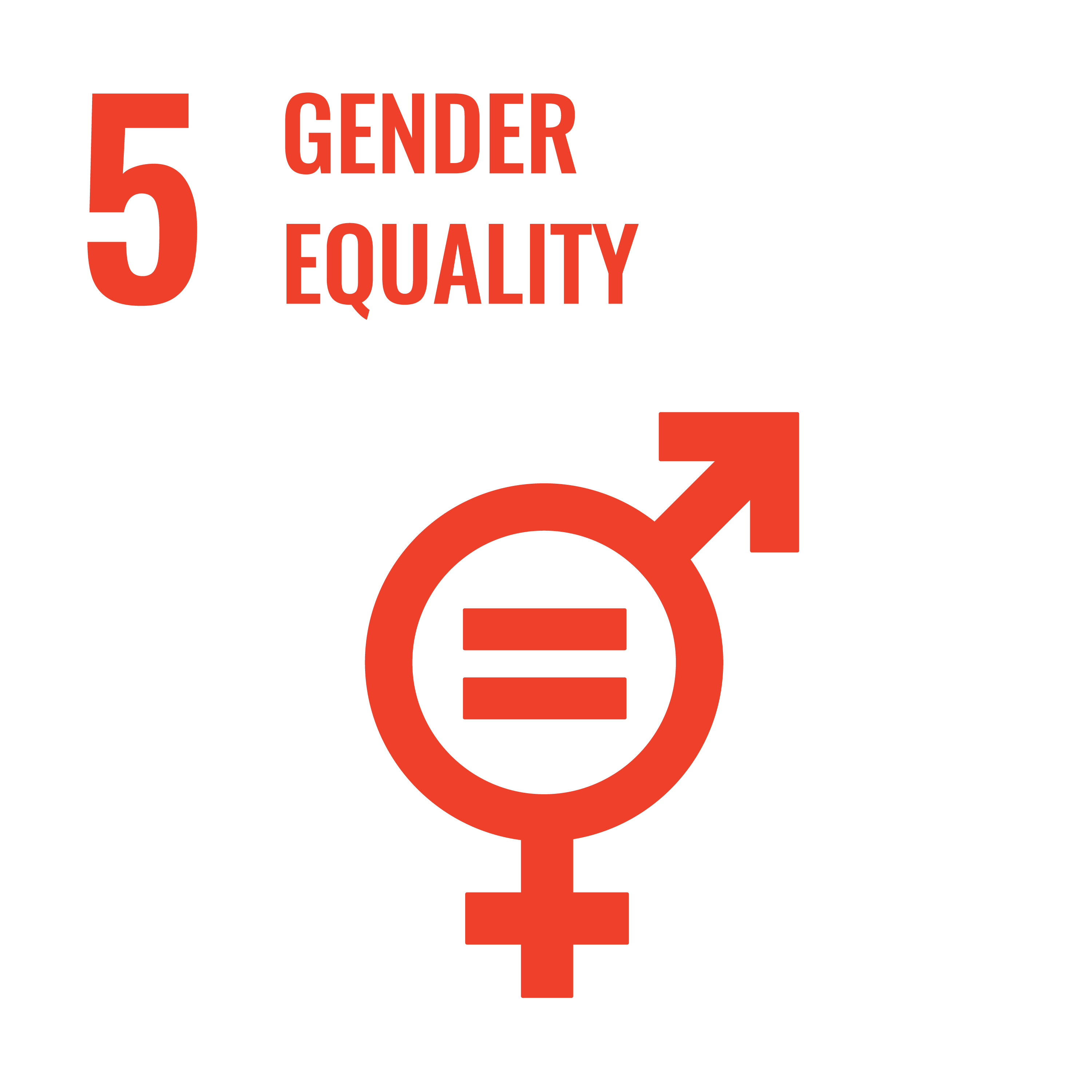
To work towards this SDG, participants may:
- Plan, implement, support, and evaluate strategies for gender equality.
- Connect with others who work to end gender discrimination and violence, empower those who may still be disempowered and promote respect and full equality on all levels.
GOAL 6: Clean Water and Sanitation
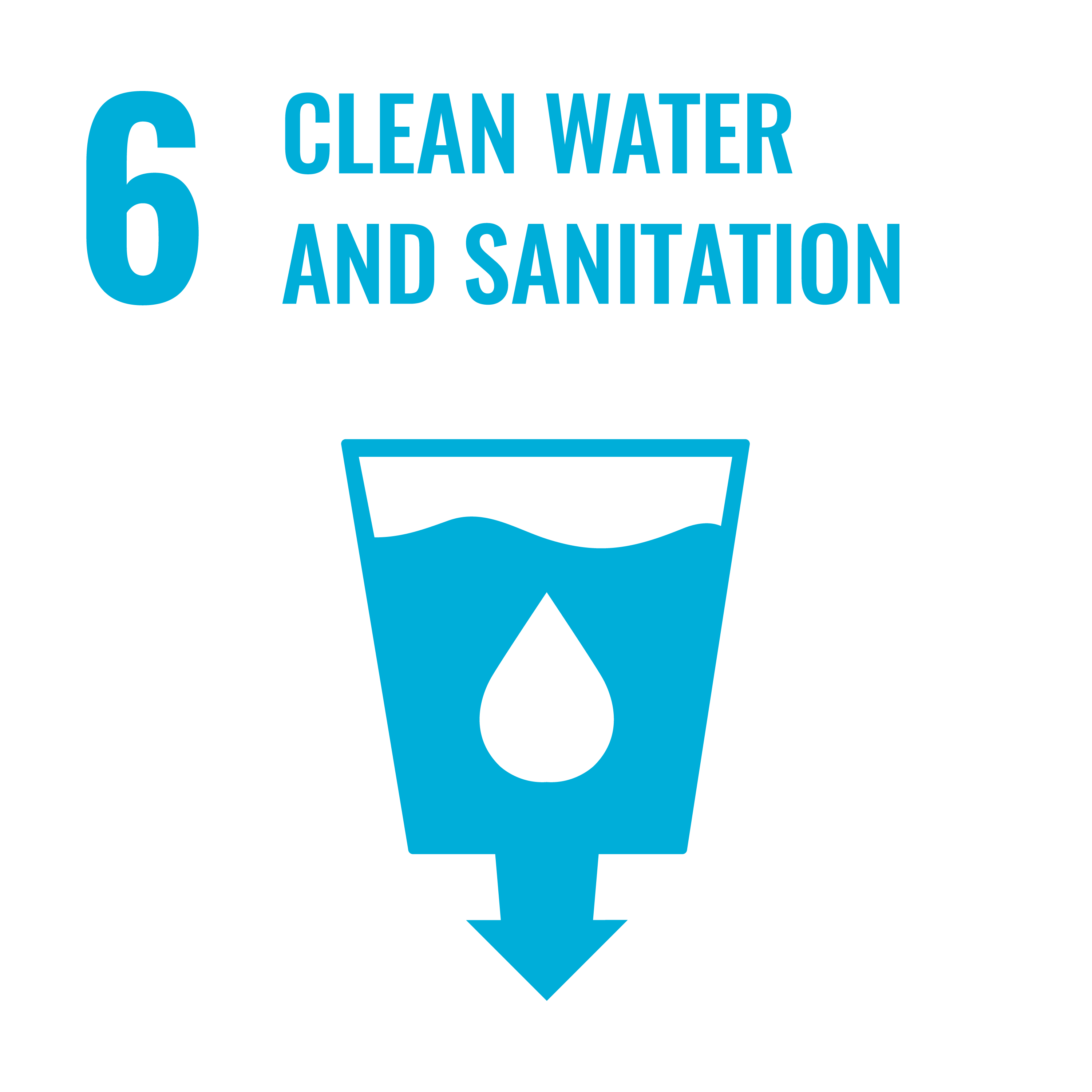
To work towards this SDG, participants may:
- Participate in activities of improving water and sanitation management in local communities.
- Contribute to water resources management at the local level.
- Plan, implement, evaluate, and replicate activities that contribute to increasing water quality and safety.
| Community Partner | Example Problem |
|
Victory Majors Investment Corporation |
How might we treat sewage and storm water to be used for secondary purposes on-site, or close to? |
GOAL 7: Affordable and Clean Energy
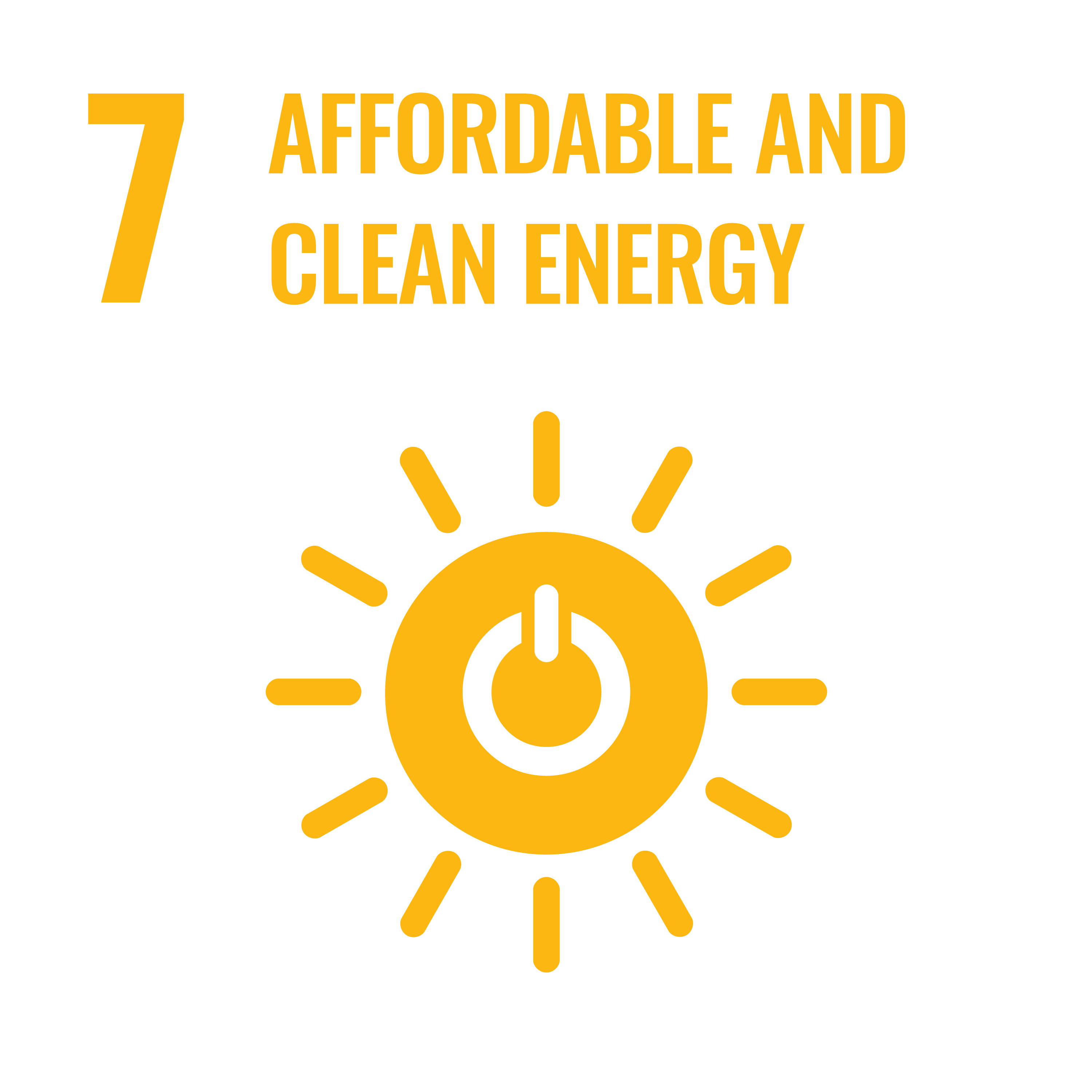
To work towards this SDG, participants may:
- Develop a vision of a reliable, sustainable energy production, supply, and usage in their country.
- Apply and evaluate measures to increase energy efficiency and sufficiency in their personal sphere and to increase the share of renewable energy in their local energy mix.
| Community Partner | Example Problem |
|
Federated Co-op Limited
|
How might FCL most sustainably make use of the hydrogen byproducts from its Regina Co-op refinery complex? |
GOAL 8: Decent Work and Economic Growth
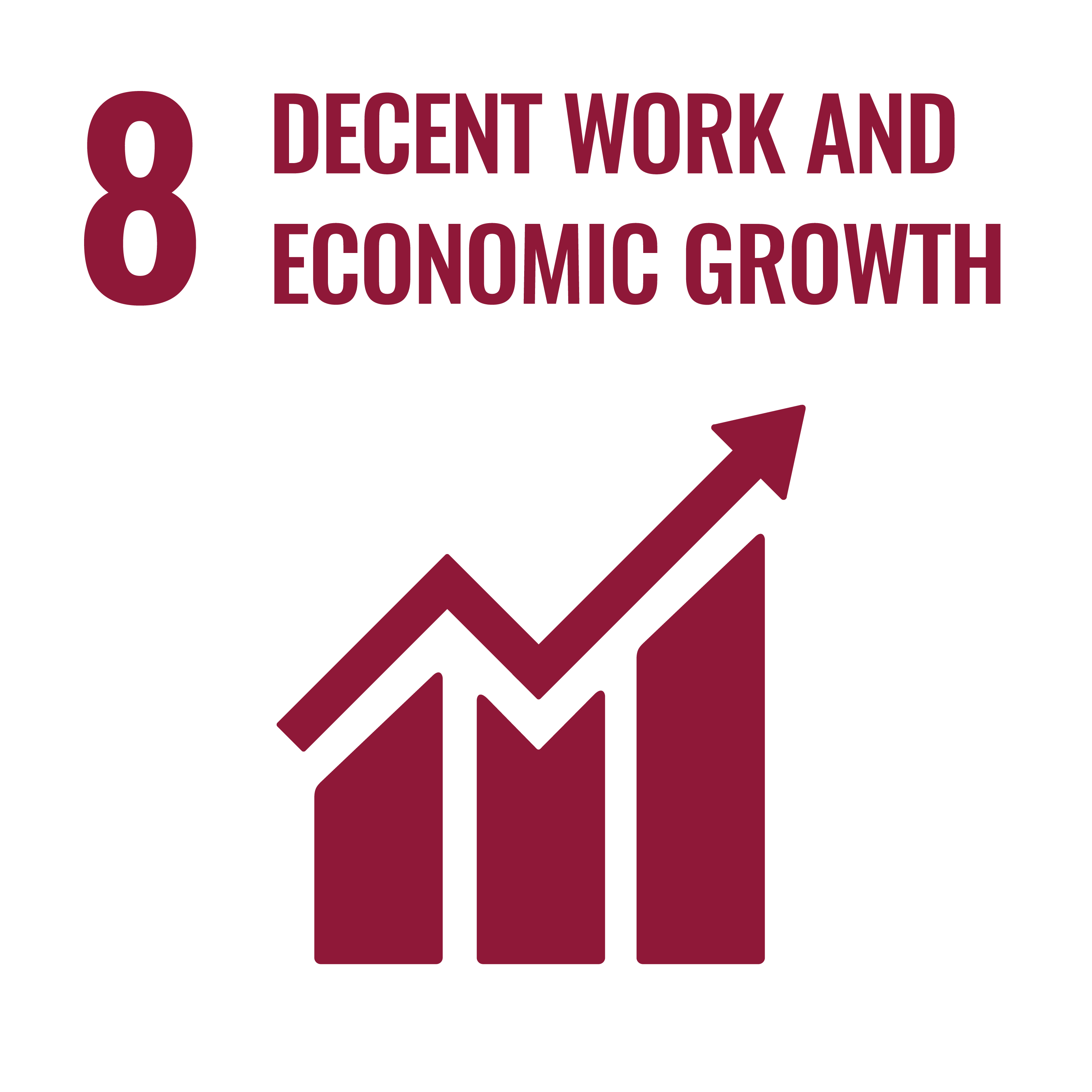
To work towards this SDG, participants may:
- Engage with new visions and models of a sustainable, inclusive economy and decent work.
- Facilitate improvements related to unfair wages, unequal pay for equal work and bad working conditions.
- Develop and evaluate ideas for sustainability-driven innovation and entrepreneurship.
GOAL 9: Industry, Innovation, and Infrastructure
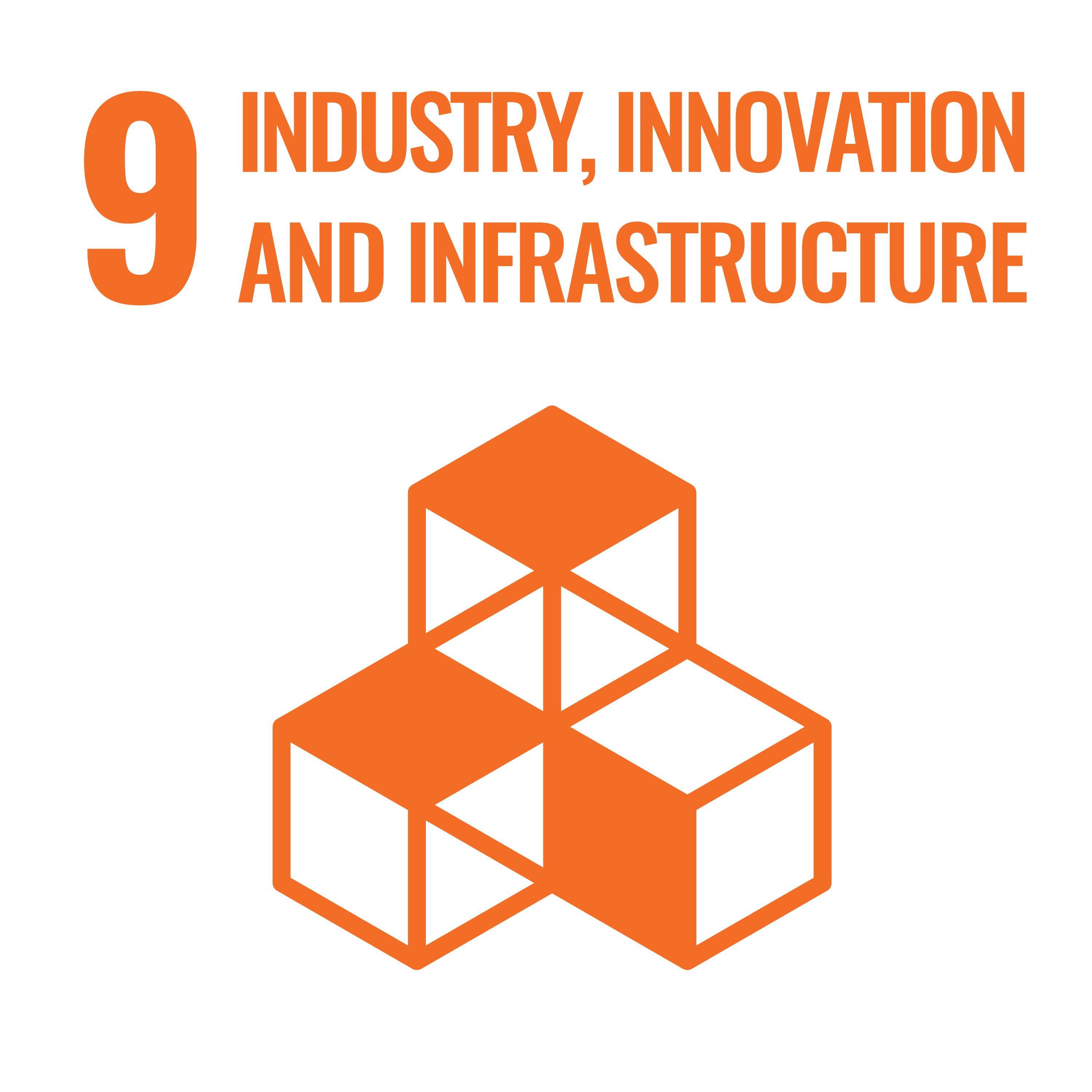
To work towards this SDG, participants may:
- Find collaborators to develop sustainable and contextual industries that respond to our shifting challenges and to reach new markets.
- Innovate and develop sustainable enterprises to respond to their countries’ industrial needs.
- Work with decision-makers to improve the uptake of sustainable infrastructure
GOAL 10: Reduced Inequalities
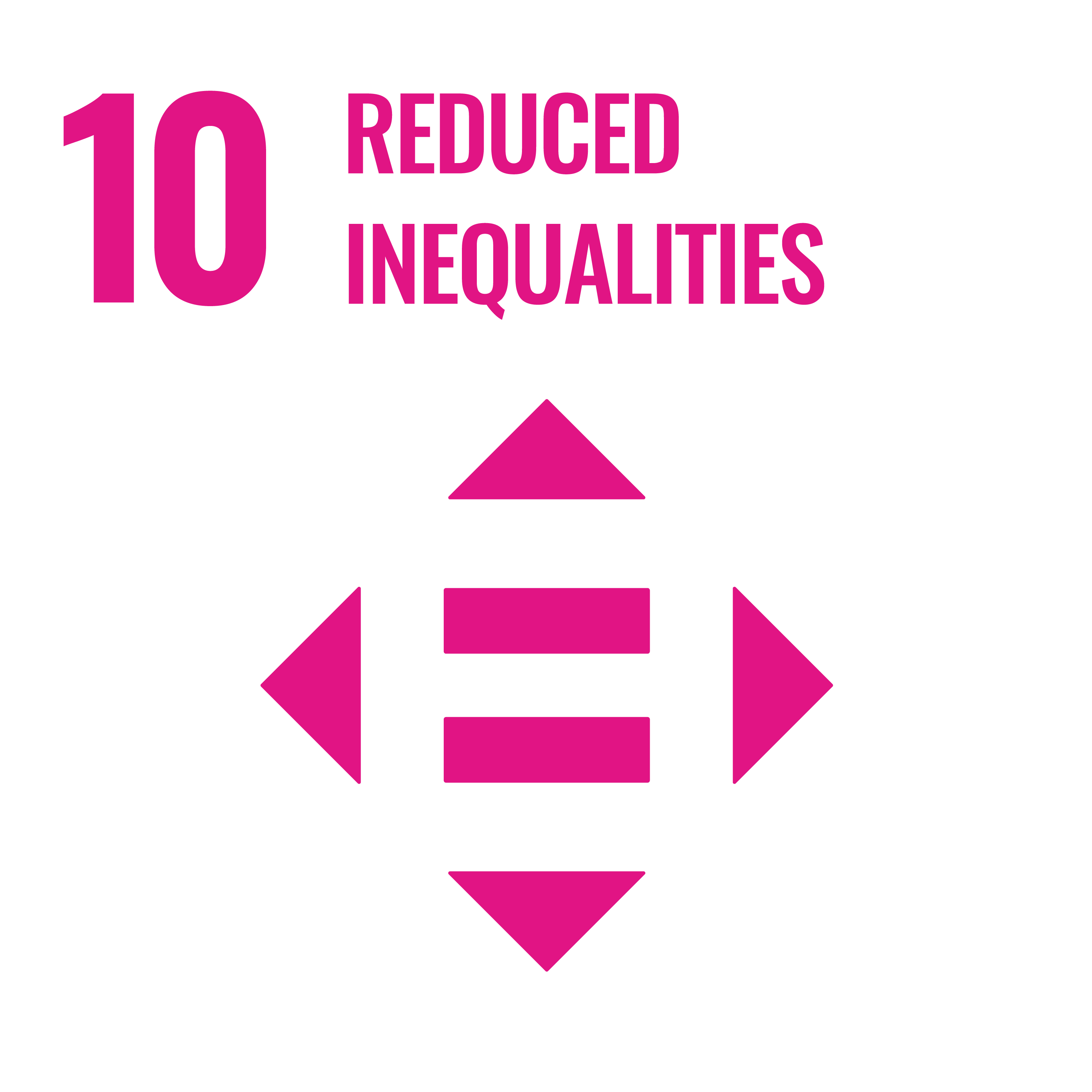
To work towards this SDG, participants may:
- Evaluate inequalities in their local environment in terms of quality (different dimensions, qualitative impact on individuals) and quantity (indicators, quantitative impact on individuals).
- Plan, implement and evaluate strategies to reduce inequalities.
| Community Partner | Example Problem |
|
SARCAN
|
How might we provide service outside of our 65 communities to customers who do not already make arrangements to take materials to SARCAN in an effective and fiscally responsible manner? |
|
Saskatoon Poverty Reduction Partnership
|
How might we create a barrier-free (24-7-365) public washroom system service model in Saskatoon? How might we implement a free-to-use transit system in Saskatoon? How might we create better access to affordable, appropriate high speed internet for people living in poverty? |
GOAL 11: Sustainable Cities and Communities
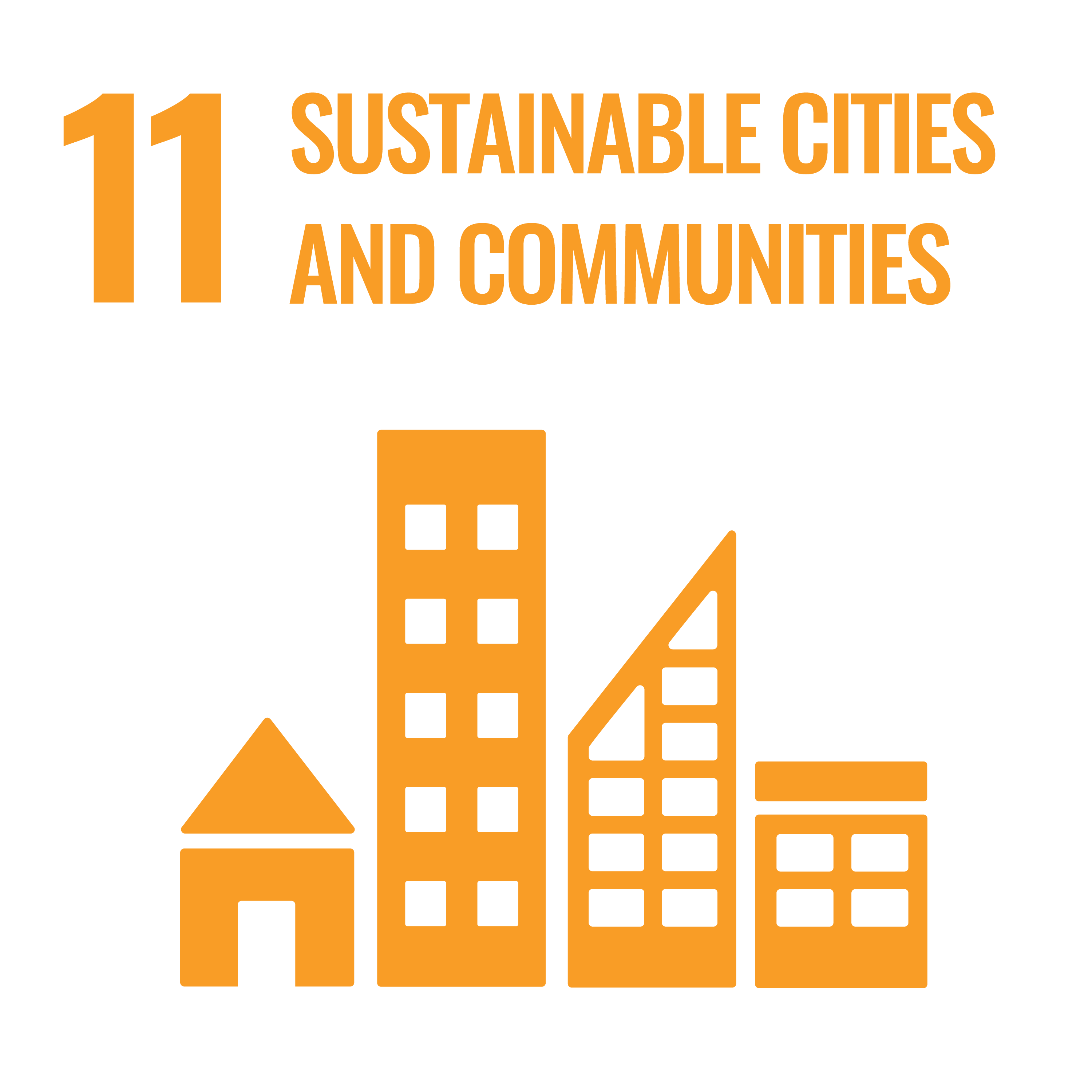
To work towards this SDG, participants may:
- Evaluate and compare the sustainability of their and other settlements’ systems in meeting their needs particularly in the areas of food, energy, transport, water, safety, waste treatment, inclusion and accessibility, education, integration of green spaces and disaster risk reduction.
- Plan, implement and evaluate community-based sustainability projects.
- Participate in and influence decision processes about their community.
- Co-create an inclusive, safe, resilient and sustainable community.
| Community Partner | Example Problem |
|
Victory Majors Investment Corporation |
How might we increase urban density while maintaining multimodal green spaces? How might we use surfaces of buildings for food or solar production in the Saskatoon climate? What might be some innovative forms of mass transportation beyond what currently exists in Saskatoon? |
|
City of Saskatoon
|
How might we improve equitable access to green space in the city? |
|
Saskatchewan Environmental Society
|
How can we motivate youth to take tangible action on climate change and incorporate sustainability into their personal lives, at school and in their communities? What community supports do they need? |
GOAL 12: Responsible Consumption and Production
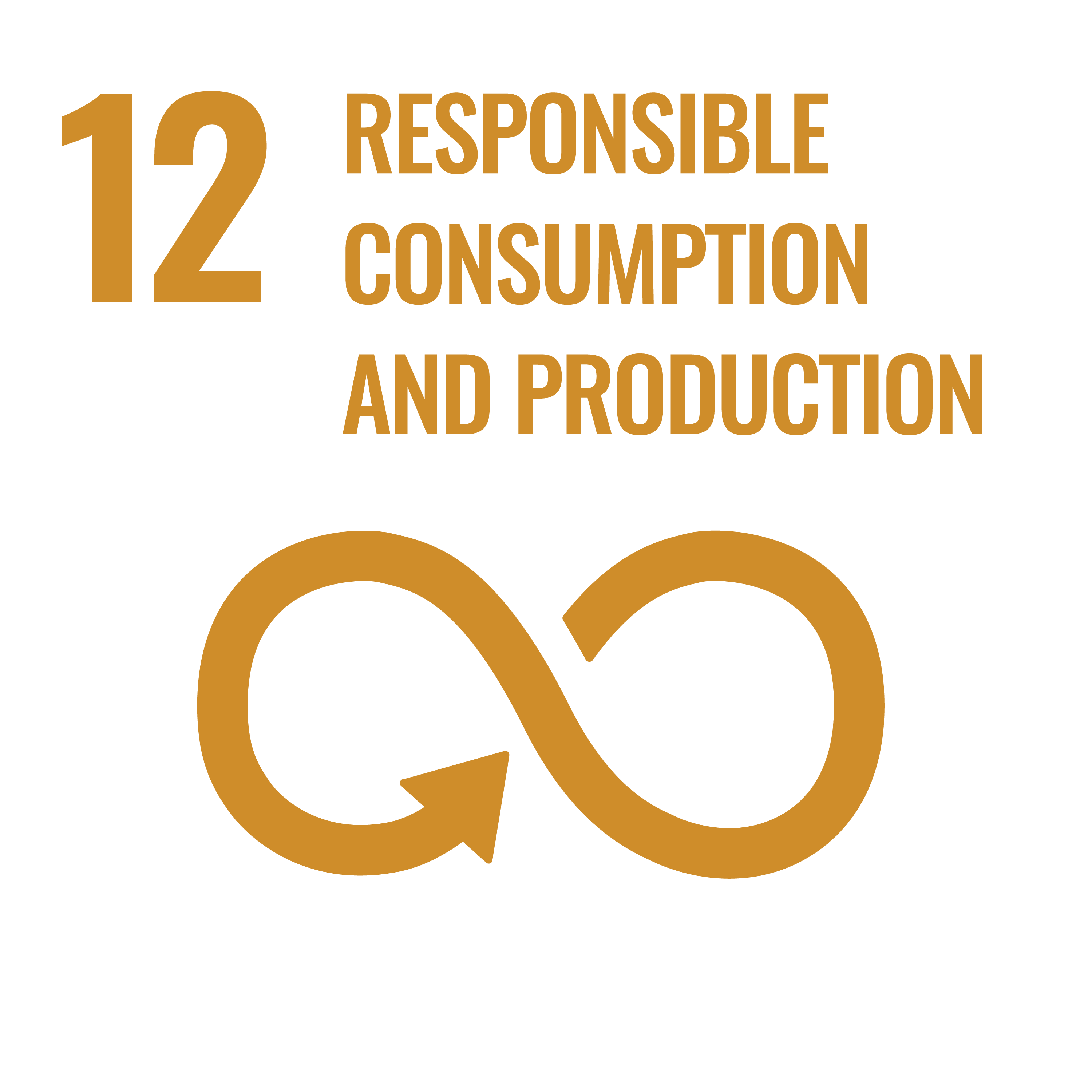
To work towards this SDG, participants may:
- Evaluate, participate in and influence decision-making processes about acquisitions in the public sector.
- Challenge cultural and societal orientations in consumption and production.
- Communicate the need for sustainable practices in production and consumption.
| Community Partner | Example Problem |
|
Federated Co-op Limited
|
How might FCL better track and categorize the plastics used by 3rd-party retailers at Co-op stores? |
|
Saskatchewan Waste Reduction Council
|
How might SWRC facilitate reusable dishware to become the default at events & venues, both outdoor and indoor? How might SWRC facilitate better waste segregation (recyling, composting, etc) in public spaces? How might SWRC advocate better for repair to become more commonplace? How might SWRC encourage the Institutional, Commercial and Industrial (ICI) sector to divest assets responsibly in a way that creates as little waste as possible? How might SWRC support and increase the number of large scale composting operations in the province in a way that focuses on regenerative practices? |
|
SARCAN
|
How might we use technology to motivate staff to improve the compaction and loading of our trailers in an effort to increase trailer weights and save fuel/GHG emissions? How might we lower our water consumption while still upholding cleanliness and satisfactory smells? How might we encourage people to use a reusable option to bring in their containers, considering cost (garbage bag costs pennies, we aren't going to pay for this) and convenience (reusable options must be washed & dried, we don't have the facilities to wash/dry/return). |
GOAL 13: Climate Action
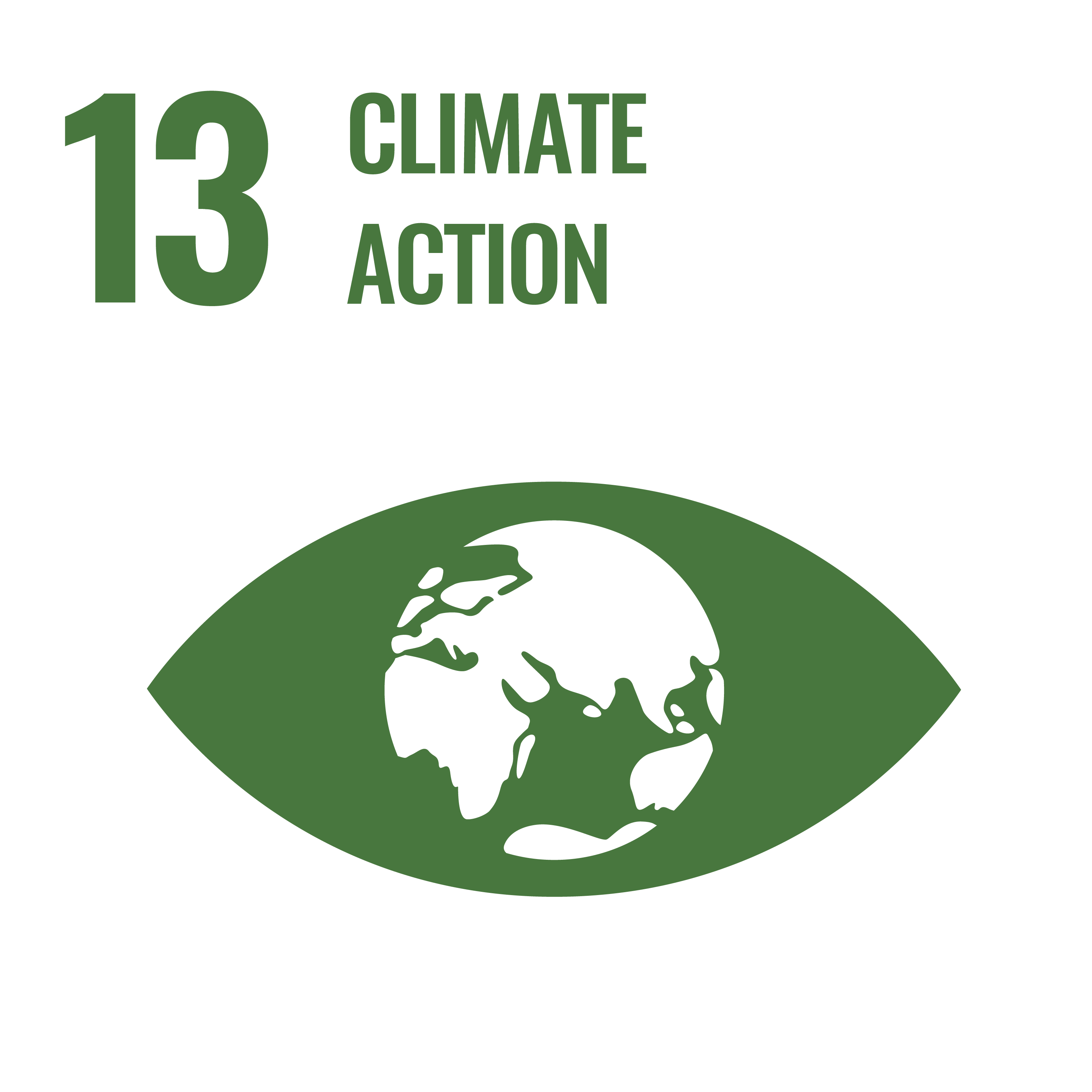
To work towards this SDG, participants may:
- Evaluate whether their private and job activities are climate friendly and – where not – to revise them.
- Anticipate, estimate, and assess the impact of personal, local and national decisions or activities on other people and world regions.
- Promote climate-protecting public policies.
| Community Partner | Example Problem |
|
Federated Co-op Limited
|
How might FCL best reduce their GHG emissions associated with fleet fuel consumption? |
|
Saskatchewan Environmental Society
|
How can we make better connections to First Nations, Inuit and Métis traditions, culture and knowledge when it comes to climate change adaptation and mitigation? |
GOAL 14: Life Below Water
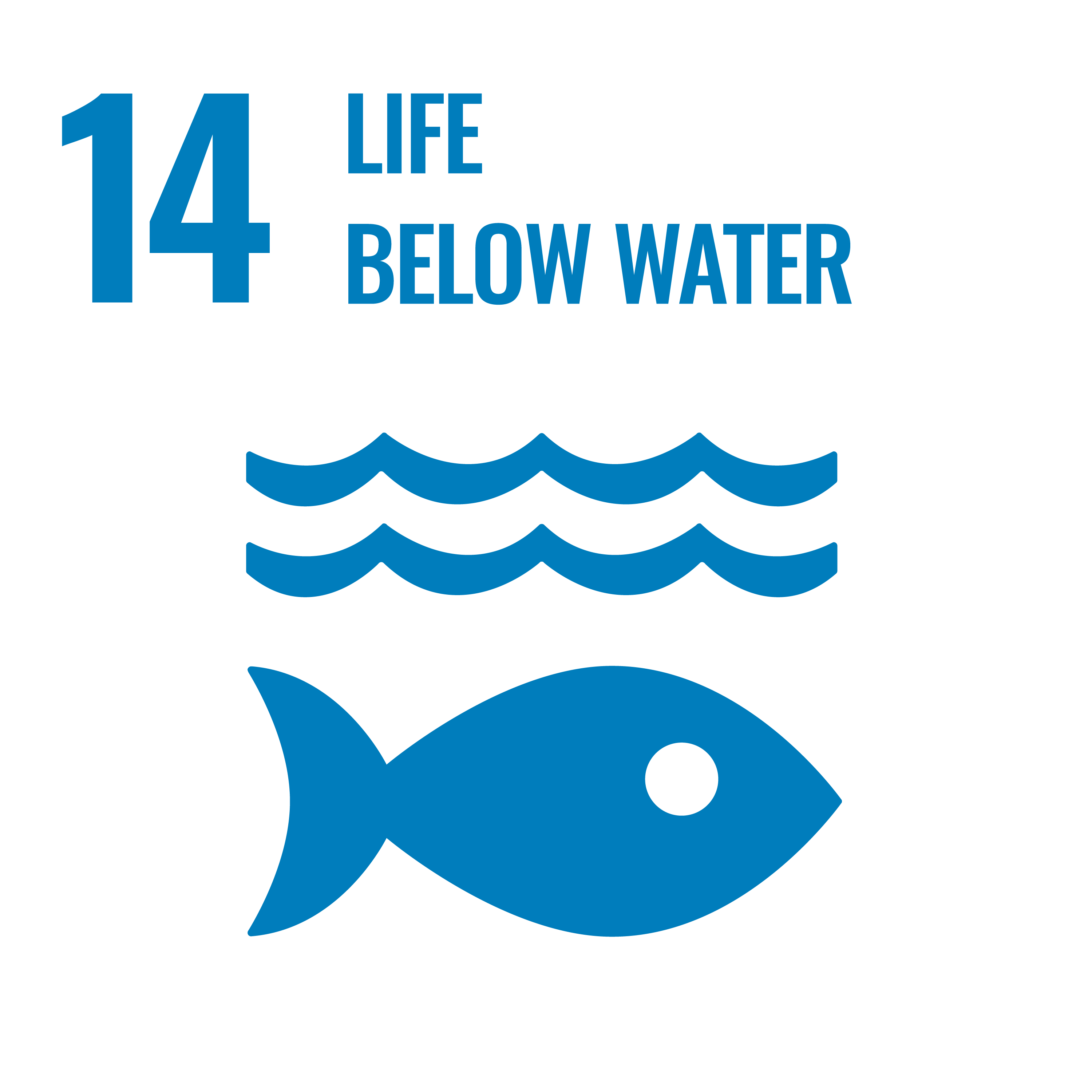
To work towards this SDG, participants may:
- Influence groups that engage in unsustainable production and consumption of marine products.
- Describe the connection of many people to water and the life it holds, including the role of rivers, lakes, seas, and oceans, as a provider of food, jobs and exciting opportunities.
GOAL 15: Life on Land
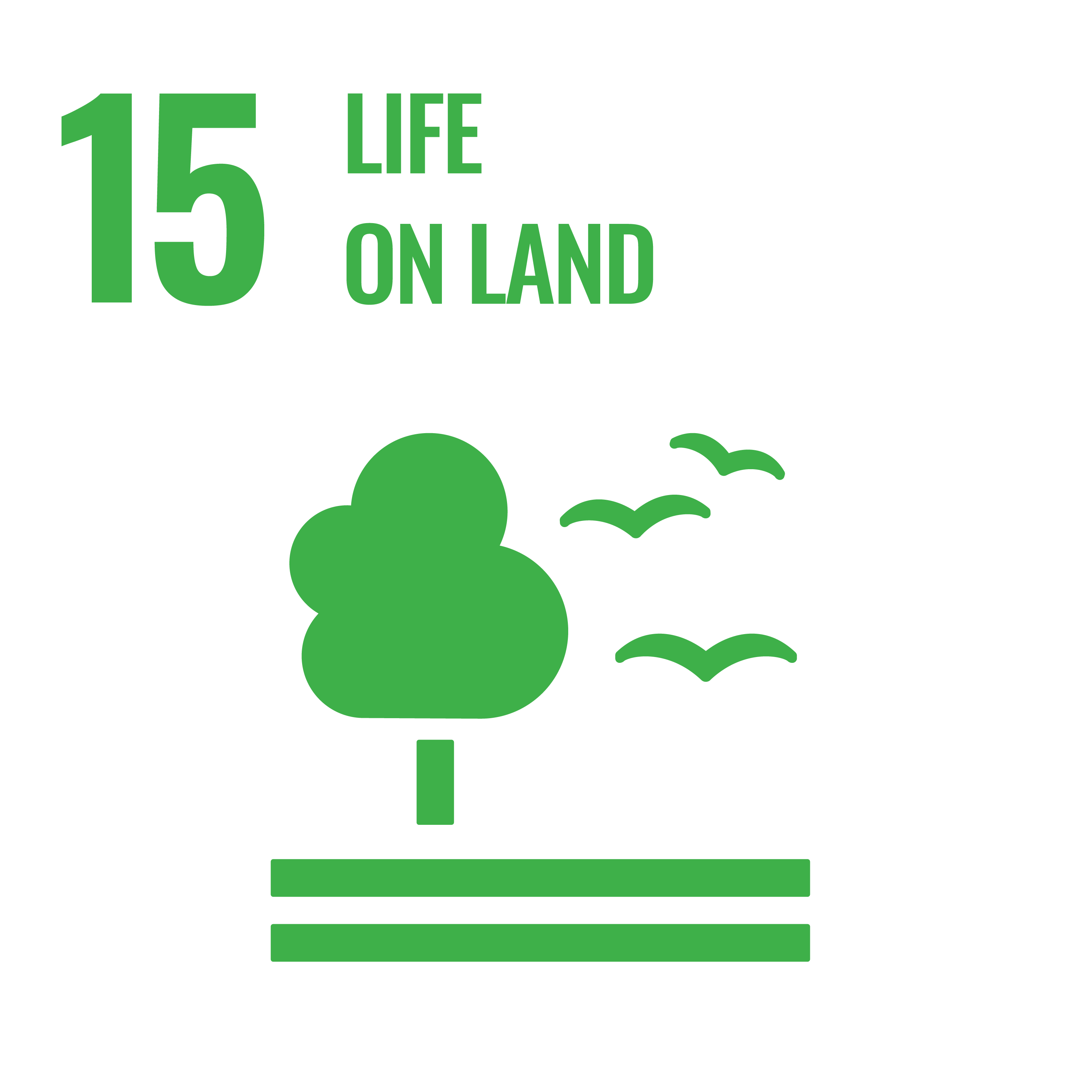
To work towards this SDG, participants may:
- Connect with local groups working toward biodiversity conservation in their area.
- Work with policy-makers to improve legislation for biodiversity and nature conservation, and its implementation.
| Community Partner | Example Problem |
|
City of Saskatoon
|
How might we reduce bird strikes/deaths within the urban river valley? How might we effectively monitor wildlife in the city? |
|
Saskatchewan Environmental Society
|
How can we conveniently represent the effect that increasing and preserving biodiversity and greenspace in cities has on greenhouse gas emissions? |
GOAL 16: Peace, Justice and Strong Institutions
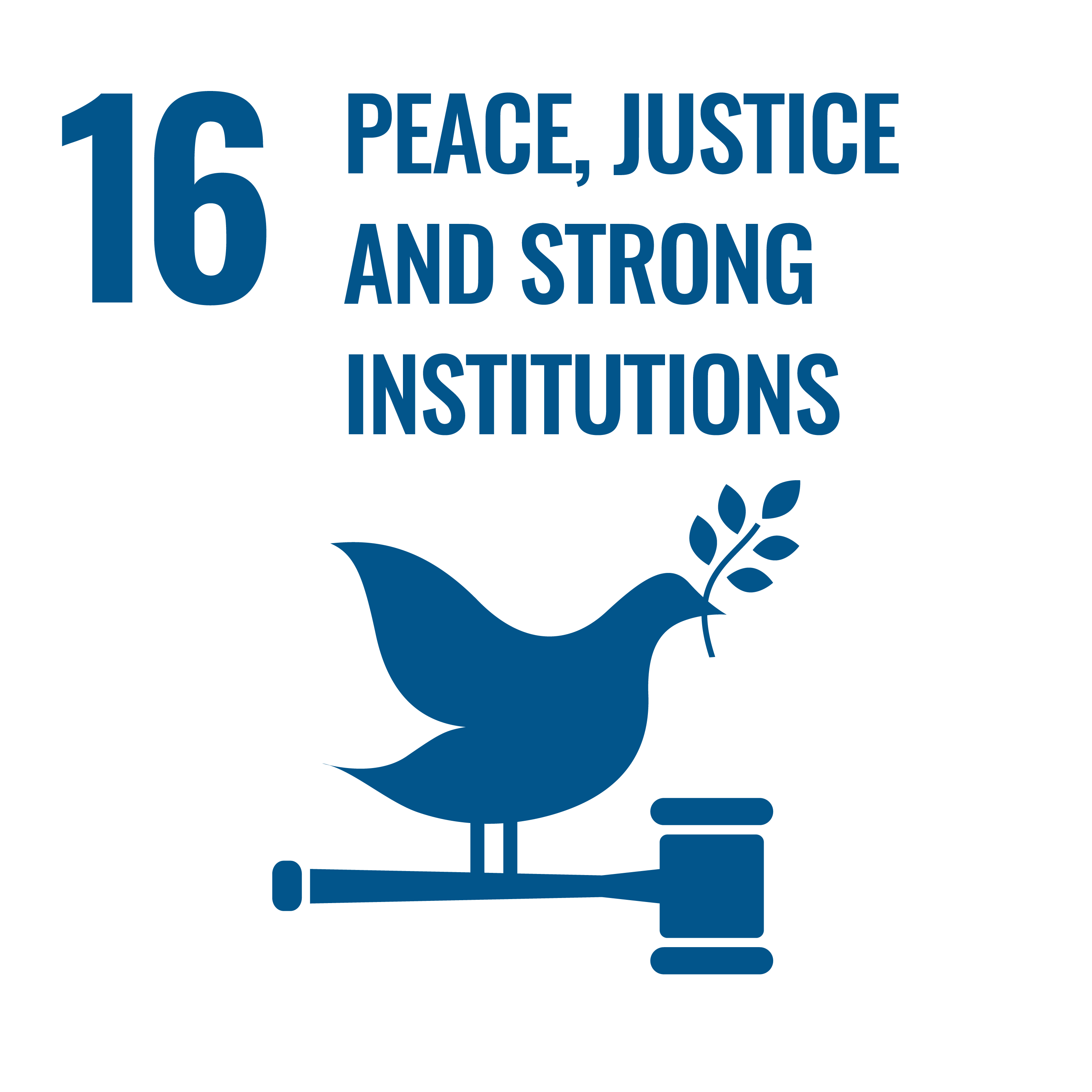
To work towards this SDG, participants may:
- Collaborate with groups that are currently experiencing injustice and/or conflicts.
- Show empathy with and solidarity for those suffering from injustice in their own country as well as in other countries.
- Contribute to conflict resolution at the local and national level.
| Community Partner | Example Problem |
|
Saskatoon Poverty Reduction Partnership
|
How might we prevent the human service systems (health, justice, social services) from creating homelessness? |
GOAL 17: Partnership for the Goals
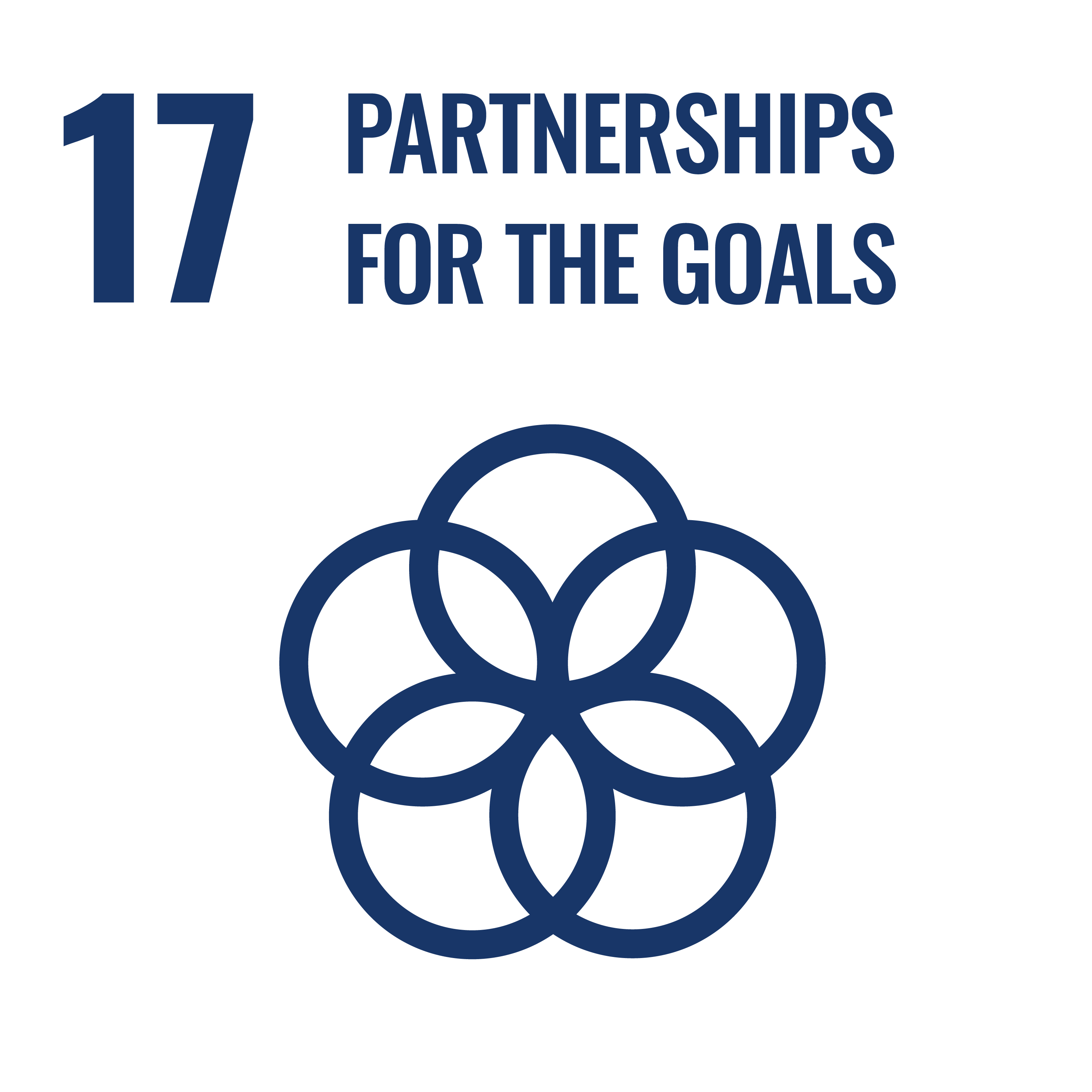
To work towards this SDG, participants may:
- Contribute to facilitating and implementing local, national and global partnerships for sustainable development.
- Influence companies to become part of global partnerships for sustainable development.
- Work with others to promote global partnerships for sustainable development and demand governments’ accountability for the SDGs.
EcoHack 2025 Winners
Problem Statement: How might we create a SARCAN recycling depot that customers can access 24 hours a day? [SARCAN]
Solution: 24/7 SARCAN recycling depot with smart recycling machines and an app to help users classif materials, track recycling stats, and learn about environmental impact
Ana María Alvarez Caiza, Susana Alejandra Jiménez Sandoval, J. David Quezada Borja,and Mariel Bonilla Revelo
Problem Statement: How might SWRC further promote the idea of the circular economy to the people of Saskatchewan? [Saskatchewan Waste Reduction]
Solution: Community repair pop-up program to make repair skills more accessible.
Luke Bunn, Roshan Boorada, and Labbaik Malik
Problem Statement: How can we use innovative tools, technologies and community building strategies to make volunteer monitoring of wildlife and plant species within the Meewasin Valley more efficient and engaging while ensuring long-term participation and meaningful impact on conservation efforts [Meewasin]
Solution: Meewasin Go, a gamified wildlife monitoring app to help Meewasin Valley volunteers to log species sightings, complete biodiversity challenges, and earn rewards.
Basisah Musarrat, Rubana Syeda, and Sharzil Ramij
All participants will receive co-curricular record credit for their time and effort.

